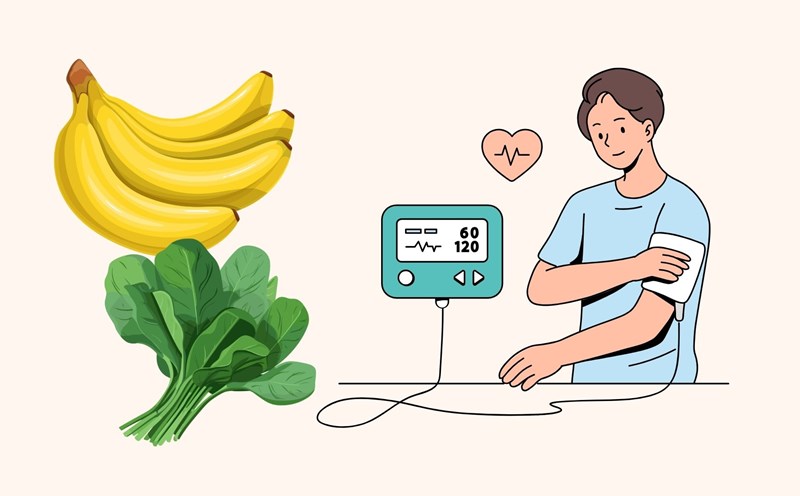Salted cauliflower is a familiar dish, often prepared by housewives for meals. On hot days, just a bowl of boiled vegetable water or Malabar spinach soup with a few salted guaranteed eggs creates a delicious treat for the whole family.
However, for people with impaired kidney function, the consumption of pickled eggplant needs to be carefully considered.
According to the World Health Organization, people with weak kidneys need to control the amount of sodium (salt), potassium and fermentants in their daily diet because they can put pressure on the kidneys and make the disease worse.
Salted caves are a dish fermented with a fairly high amount of salt. On average, 100g of salted eggplant contains 8001200mg of sodium. This is equivalent to nearly 50% of the maximum amount of salt a person should consume per day.
Taking in too much sodium increases blood pressure, thereby causing further damage to blood vessels in the kidneys, impairing the function of blood filtration.
The World Health Organization also recommends that people with kidney disease should not consume more than 1500mg of sodium/day.
Salted coffee also contains a fairly high potassium content. For normal people, potassium helps maintain stable blood pressure and heart rate. But for people with weak kidneys, the ability to excrete potassium is impaired, leading to hypercalcemia - a dangerous condition that can cause arrhythmia and suddenness.
The diet of kidney patients needs to limit potassium, especially avoid fermented and salty foods such as pickled eggplant.
For people with weak kidneys, pickled eggplant is not a safe dish. Limiting or eliminating pickled onions from your daily diet is necessary to protect kidney function, control blood pressure, prevent dangerous complications of the heart and metabolism.











